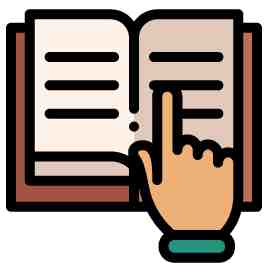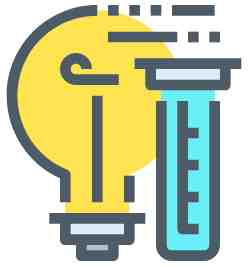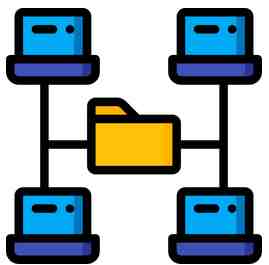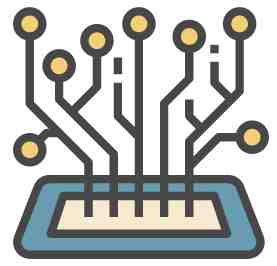Paul is eating a banana now
Negative: Paul is not eating a banana now
Interrogative: Is Paul eating a banana now?
I am eating a banana
You are eating banana
He/she is eating a banana
We are eating a banana
You are eating a banana
They are eating a banana
The present continuous is used to describe an action which is going on (now, at present)
The simple present
Helen goes to school everyday
Helen does not go to school everyday.
Does Helen go to school everyday?
When there is a hart (habitude).
We use the simple present
e.g.: I drink water everyday
I often go to church on Saturday
I never eat fish.
I always walk to school.
The Past tense
Toto beat tata in a football match last year.
Toto did not beat tata in a football match last year.
Did Toto beat tata in a football last year?
Future
Janet will come to the village tomorrow
Will Janet come to the village tomorrow?
Janet will not come to the village tomorrow.
The simple past tense
To be
I was in form 2 last year (this year I am in form 3)
Today is Monday. Yesterday was Saturday.
The girls were in blue on Friday.
But the girls were not in blue yesterday.
Affirmative: Last year my English book was green.
Interrogative: Was my English book green last year?
Negative: Last year, my English book was not green
Question with a question word
What was the color of my English book last year?
Bella was in the Primary school in 2010
Where was Bella in 2009?
When was Bella in the primary school?
To have
My father had a green car last year.
Had my father a green car last year?
Did my father have a green car last year?
My father hadn't a green car last year.
My father did not have a green car last year.
To be absent
Yesterday?
I was absent
You were absent
He was absent
You were absent
We were absent
They were absent
Remarks
The past tense of to be are was and were.
The past tense of to have is had for all the persons.
In interrogative sentences, was (were) take the first place?
In question with a question word was (were) immediately follows the question word.
Example: What was Lucy wearing at the party?




